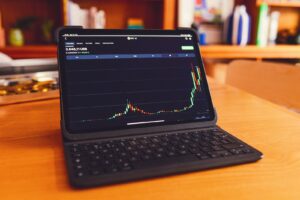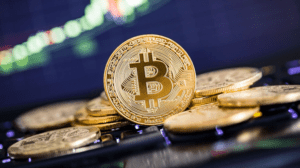The Importance of Counterparty Analysis and Crypto AML Checks in the Crypto Industry
In recent years, we have witnessed a remarkable growth of the crypto industry, attracting businesses and institutions. With this growth comes the question of robust protection against unlawful use of crypto. Due to the decentralization and anonymity of crypto transitions, the issue of money laundering and financing terrorism becomes problematic. Both crypto companies and their clients require safety to avoid participating in criminal schemes and detect those doing those schemes. In this article, we will discuss the importance of counterparty analysis and crypto AML compliance.
The Benefits of Counterparty Analysis
Crypto trading allows for greater anonymity compared with traditional payment methods (for example, through banks). While trading digital assets, users have non-face-to-face relationships, which is an ideal environment for anonymous funding through trading platforms that can’t adequately identify the source of funds. This creates the risk of money laundering and financial crimes. Whether it is a crypto trading platform, a custody service, or an individual trader, it is important to conduct a counterparty analysis to make sure there’s no illegal activity involved.
Companies that provide liquidity to markets (market makers and liquidity providers) must regularly conduct risk assessments of their counterparties as well as ensure they are not involved in any illegal activity. What does a liquidity provider do? They pour liquidity into the market, supporting its normal level on crypto platforms. Counterparty analysis includes compliance with regulatory requirements – registration, license, jurisdiction, cryptocurrency AML, and KYC.
Anti-Money Laundering Crypto
AML includes a range of regulations and practices aimed at detecting and stopping any illegal actions related to money laundering and financing of terrorists. In 2014, the Financial Action Task Force (FATF) introduced regulations for AML and published guidance for AML cryptocurrency checks, which are today used by the European Commission and other regulatory bodies. AML rules touch on:
- virtual asset service providers (VASPs);
- stablecoins;
- some DeFi projects;
- NFT marketplaces.
Every crypto exchange must integrate AML checks and monitor transactions occurring on it. In the case of any suspicious activity, a platform’s representatives must inform relevant agencies for further checking. Exchange users also have the opportunity to check their counterparties. For example, do a quick USDT AML check to make sure a sender is not involved in illegal financial schemes.
Conclusion
AML for crypto is a range of laws and actions that detect and stop illegal actions related to money laundering and financing terrorism. Every trading platform must adhere to this regulation. Otherwise, it risks being involved in financial crime. Before partnering with crypto exchanges, investors and market makers need to thoroughly check its licenses, registration, jurisdiction, and AML compliance.





